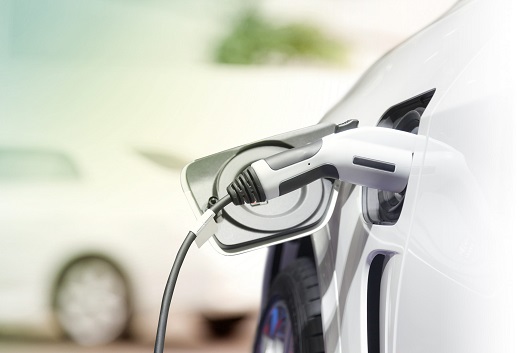Plug-in hybrid electric vehicles are battery-powered vehicles that are based on combustion engines to achieve efficient power coupling. This kind of model with high technical integration requirements has been deeply shared and widely used in recent years.
With the increasing acceptance of new energy vehicles by consumers, plug-in hybrid electric vehicles are gradually favored by the market due to their convenience (such as no need to charge for a long time, long mileage, etc.) and environmental protection.
According to the TrendForce Global Automotive Report, sales of new energy vehicles (including pure electric vehicles, plug-in hybrid electric vehicles, and fuel cell vehicles) increased to 2.842 million units in the first quarter of 2024, a year-on-year increase of 16.9%.
However, this is the first time in three years that the year-on-year growth rate of global quarterly sales of new energy vehicles has fallen below 20%. BEV sales reached 1.8 million units, up 4.2% year-on-year, while plug-in hybrid vehicle sales surged 48.3% to 1.041 million units.
In the field of pure electric vehicles, Tesla held the top spot with a market share of 21.5%, although it fell by 8.5% year-on-year. BYD (excluding Denza) followed with a market share of 16.6% and a growth rate of 13.3%. SAIC-GM-Wuling ranked third, while BMW climbed to fourth with a 41.1% increase in sales.
On the other hand, GAC Aion slumped 37.2% to sixth place, as its flagship model, the Aion S, struggled to expand outside of the ride-hailing market. However, TrendForce says there is limited space in the commercial market. If it does not expand the consumer market, GAC Aion's sales are likely to decline. As a result, its quarterly ranking and market share have declined for two consecutive quarters.

figure: Plug-in hybrid electric vehicle sales surge
In the plug-in hybrid vehicle segment, BYD continues to dominate, albeit with a slight decline in market share. As a whole, BYD's combined sub-brands account for more than 30% of the market share. The question is in second place, but its flagship model, the M7, has come under scrutiny due to a traffic accident, which could affect its brand image and consumer trust. Li Auto is in third place, and after a lackluster response to its first all-electric vehicle, the company will focus on plug-in hybrids, with its new economy L6 model (250,000 yuan) expected to drive sales and market share this year. Jeep is in sixth place, with a 37% increase in sales after updating its main model.
According to statistics from the China Association of Automobile Manufacturers, in the first quarter of 2024, the number of domestic new energy vehicles produced and sold was 2.115 million and 2.09 million units, respectively, an increase of 28.2% and 31.8% year-on-year. Among them, plug-in hybrid models sold 784,000 units in the first quarter, a year-on-year increase of 81.2%, accounting for nearly 40% of the total sales of new energy vehicles.
TrendForce emphasized that plug-in hybrid electric vehicles will play a key role in the electrification process, maintaining strong sales resilience in the face of slowing demand for battery electric vehicles.
The company also said that automakers are recalibrating their strategies in the European market as they abandon their goal of full electrification by 2030 and begin to reinvest in PHEV development. This shift is likely to revive PHEV sales in Western Europe after a two-year decline and drive growth in 2024.






